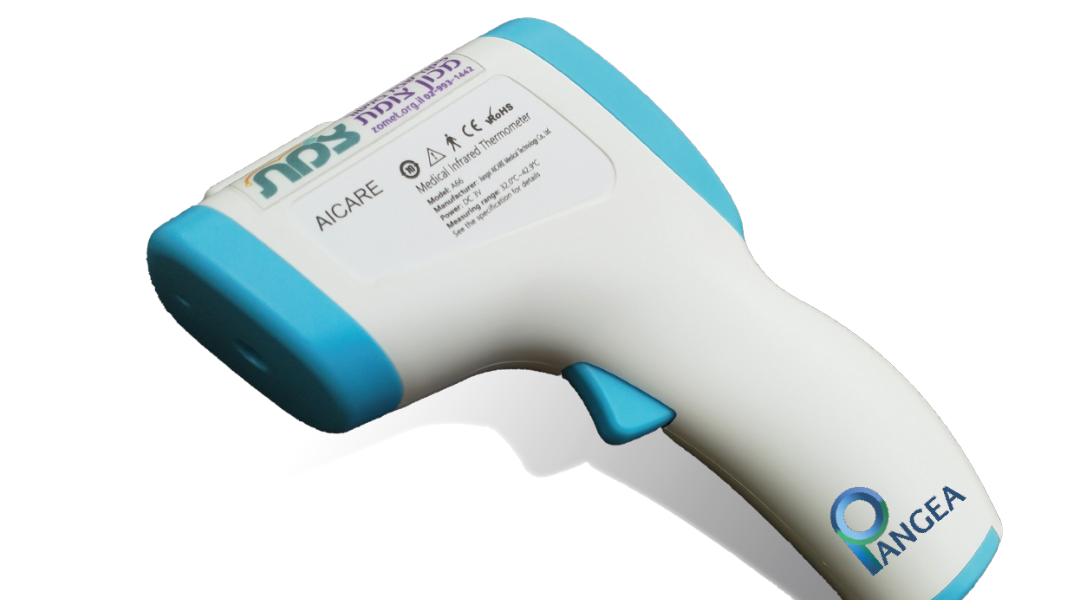JERUSALEM (JTA) — Top haredi Orthodox rabbis in Israel and the Sephardic chief rabbi of Israel are split over the use of thermometers on Shabbat as part of health checks to prevent the spread of COVID-19.
In Israel, the thermometers are used at the entrance to hospitals to make sure that people who enter do not have fevers, one symptom of the coronavirus. The thermometers could also be used by synagogues around the world to measure the temperature of worshippers arriving for Shabbat services.
Last week, five senior haredi rabbis said in an official letter that the temperature checks mean that it is forbidden to enter the hospital on Shabbat, unless it is a life-threatening situation, Ynet reported.
“There are concerns about the prohibition of work on Shabbat in both the heat measurement and the writing generated on the monitor,” read the letter. The letter said hospitals could circumvent the issue by having non-Jews perform the checks.
But Israel’s Sephardic chief rabbi, Yitzhak Yosef, ruled on Sunday that it is permitted to enter a hospital on Shabbat if a person’s temperature is automatically taken, the Jerusalem Post reported.
The Zomet Institute, an Israeli nonprofit that designs electronics and other equipment that can be used by observant Jews on Shabbat, recently developed a digital thermometer that does not require users to engage in activities prohibited on Shabbat. The thermometer detects a temperature every four seconds, so no one needs to operate the electronic device to take a measurement, and the way the readings are displayed are designed not to constitute writing.
The dispute is one of countless examples of how the coronavirus pandemic has presented vexing new questions for Jewish law authorities — many of which have been resolved without consensus, even among Orthodox rabbis.
JTA has documented Jewish history in real-time for over a century. Keep our journalism strong by joining us in supporting independent, award-winning reporting.






